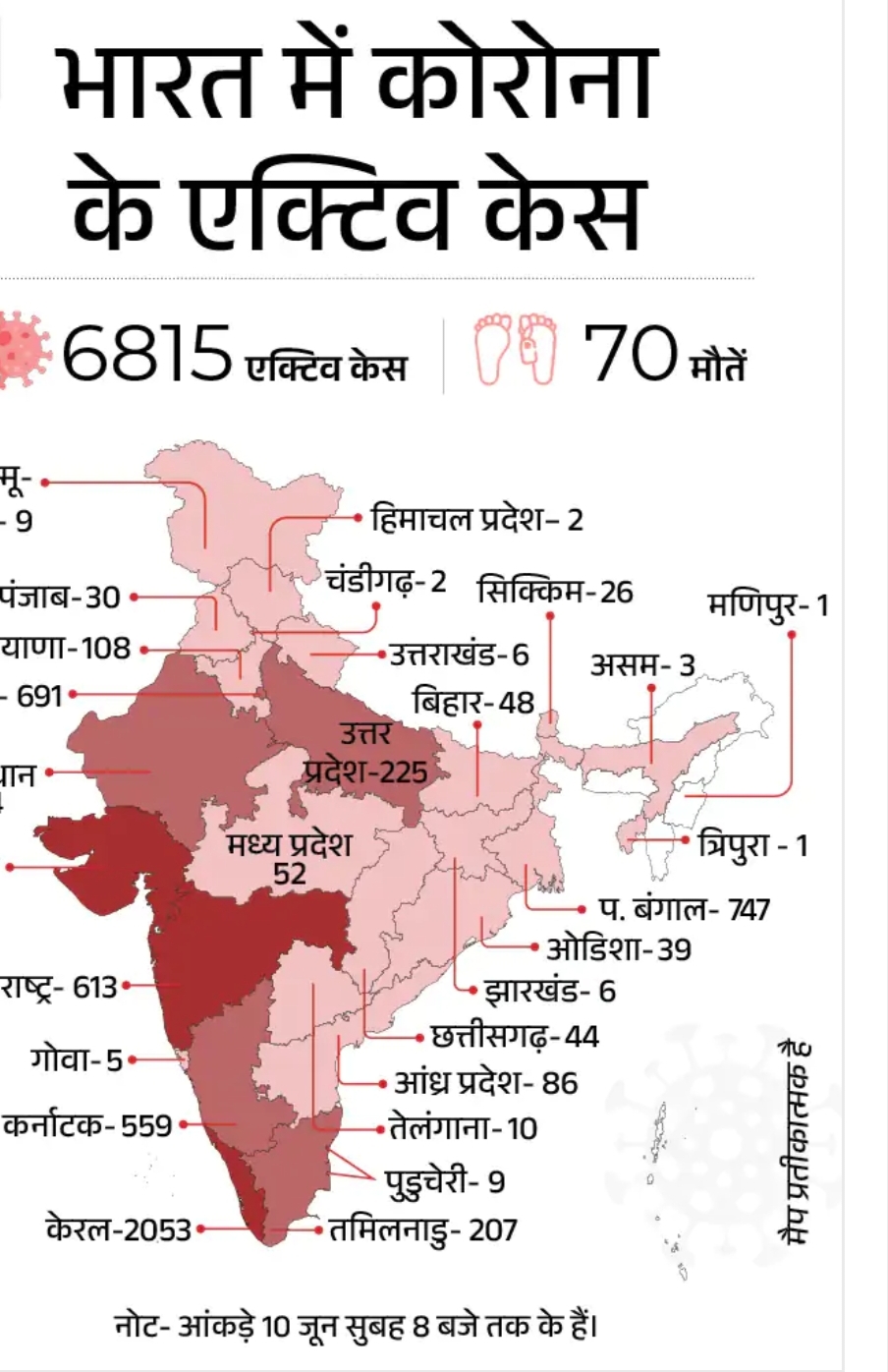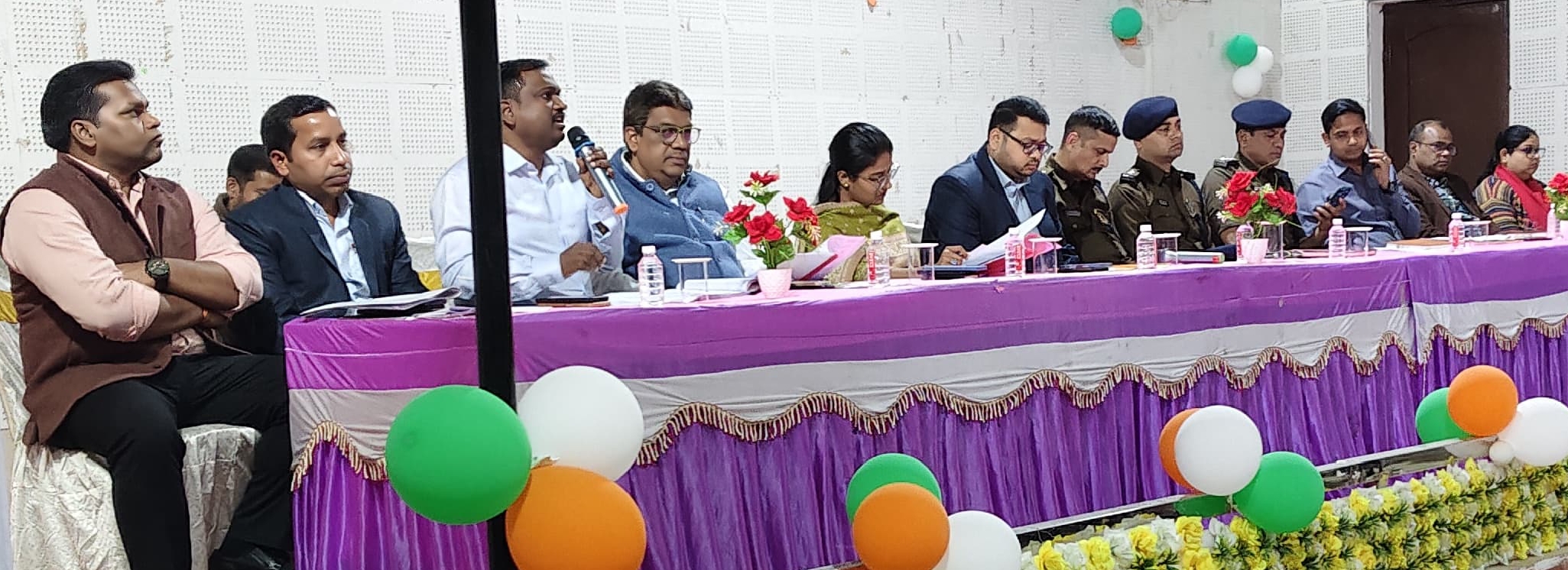
Controlling Overthinking: Taking Charge of Your Thoughts
Overthinking is like a mental hamster wheel – you keep running, going nowhere, and feeling increasingly exhausted. It can steal your peace, hinder your decision-making, and fuel anxiety. The good news is that you can learn to control it.
Here’s how, with examples in both Hindi and English:
1. Awareness is the First Step (जागरूकता पहला कदम है):
English: Recognize when you’re overthinking. Are you constantly replaying conversations in your head? Are you catastrophizing potential future scenarios? Pay attention to the physical sensations too – a racing heart, tense muscles.
Hindi: यह पहचानें कि आप कब ज़्यादा सोच रहे हैं। क्या आप लगातार अपने दिमाग में बातचीत दोहरा रहे हैं? क्या आप संभावित भविष्य के परिदृश्यों को लेकर बहुत ज़्यादा नकारात्मक सोच रहे हैं? शारीरिक संवेदनाओं पर भी ध्यान दें – तेज़ धड़कन, तनी हुई मांसपेशियां।
* Example (उदाहरण): You had a brief chat with your boss. Now, you’re replaying every word, wondering if you said something wrong and if you’ll get fired. This is overthinking. (आपकी अपने बॉस के साथ एक छोटी सी बातचीत हुई। अब, आप हर शब्द को दोहरा रहे हैं, यह सोचकर कि क्या आपने कुछ गलत कहा और क्या आपको निकाल दिया जाएगा। यह ज़्यादा सोचना है। )
2. Challenge Your Thoughts (अपनी सोच को चुनौती दें):
English: Ask yourself: What’s the evidence for this thought? What’s the worst-case scenario, and how likely is it? What’s a more balanced perspective?
Hindi: खुद से पूछें: इस सोच का क्या सबूत है? सबसे बुरा क्या हो सकता है, और इसकी कितनी संभावना है? एक अधिक संतुलित दृष्टिकोण क्या है?
Example (उदाहरण): Your friend hasn’t replied to your text for a few hours, and you immediately think they’re angry with you. Challenge this: Have they always replied instantly? Could they be busy? What’s a more likely explanation? (आपके दोस्त ने कुछ घंटों तक आपके संदेश का जवाब नहीं दिया है, और आप तुरंत सोचते हैं कि वे आपसे नाराज़ हैं। इसे चुनौती दें: क्या उन्होंने हमेशा तुरंत जवाब दिया है? क्या वे व्यस्त हो सकते हैं? एक अधिक संभावित स्पष्टीकरण क्या है?)
3. Practice Mindfulness (माइंडफुलनेस का अभ्यास करें):
English: Mindfulness involves focusing on the present moment without judgment. Techniques like deep breathing, meditation, or simply paying attention to your senses can help anchor you in the “now” and away from future worries or past regrets.
Hindi: माइंडफुलनेस में बिना किसी निर्णय के वर्तमान क्षण पर ध्यान केंद्रित करना शामिल है। गहरी साँस लेने, ध्यान या बस अपनी इंद्रियों पर ध्यान देने जैसी तकनीकें आपको “अभी” में स्थिर करने और भविष्य की चिंताओं या पिछले पछतावे से दूर रहने में मदद कर सकती हैं।
Example (उदाहरण): When you notice your mind racing, take a few deep breaths. Focus on the sensation of the air entering and leaving your body. This simple act can interrupt the cycle of overthinking. (जब आप देखें कि आपका मन भटक रहा है, तो कुछ गहरी साँसें लें। अपने शरीर में हवा के प्रवेश और निकलने की अनुभूति पर ध्यान केंद्रित करें। यह सरल कार्य ज़्यादा सोचने के चक्र को बाधित कर सकता है।)
4. Problem-Solve Actively (सक्रिय रूप से समस्या का समाधान करें):
English: If your overthinking revolves around a specific problem, try to take concrete steps to address it. Break down the problem into smaller, manageable tasks.
Hindi: यदि आपकी ज़्यादा सोच किसी विशेष समस्या के इर्द-गिर्द घूमती है, तो उसे हल करने के लिए ठोस कदम उठाने का प्रयास करें। समस्या को छोटे, प्रबंधनीय कार्यों में तोड़ें।
Example (उदाहरण): You’re overthinking about an upcoming presentation. Instead of just worrying, start preparing your slides, practicing your delivery, and anticipating potential questions. Action can reduce anxiety. (आप एक आगामी प्रस्तुति के बारे में ज़्यादा सोच रहे हैं। केवल चिंता करने के बजाय, अपनी स्लाइड तैयार करना, अपनी प्रस्तुति का अभ्यास करना और संभावित प्रश्नों का अनुमान लगाना शुरू करें। कार्रवाई चिंता को कम कर सकती है।)
5. Distract Yourself Intentionally (जानबूझकर खुद को विचलित करें):
English: When you catch yourself overthinking, engage in an activity that absorbs your attention. This could be reading a book, listening to music, exercising, spending time with loved ones, or pursuing a hobby.
Hindi: जब आप खुद को ज़्यादा सोचते हुए पकड़ें, तो किसी ऐसी गतिविधि में शामिल हों जो आपका ध्यान खींचे। यह एक किताब पढ़ना, संगीत सुनना, व्यायाम करना, प्रियजनों के साथ समय बिताना या किसी शौक को पूरा करना हो सकता है।
Example (उदाहरण): You’re lying in bed at night, overthinking about work. Get up and read a chapter of a book or listen to a calming podcast until you feel sleepy. (आप रात को बिस्तर पर लेटे हुए हैं, काम के बारे में ज़्यादा सोच रहे हैं। उठें और एक किताब का एक अध्याय पढ़ें या एक शांत पॉडकास्ट सुनें जब तक आपको नींद न आ जाए।)
6. Set Time Limits for Worrying (चिंता करने के लिए समय सीमा निर्धारित करें):
English: Allocate a specific time each day (e.g., 15-20 minutes) to acknowledge and process your worries. When a worrying thought pops up outside of this time, gently remind yourself that you’ll address it during your designated “worry time.”
Hindi: हर दिन एक विशिष्ट समय (उदाहरण के लिए, 15-20 मिनट) अपनी चिंताओं को स्वीकार करने और संसाधित करने के लिए आवंटित करें। जब इस समय के बाहर कोई चिंताजनक विचार आए, तो धीरे से खुद को याद दिलाएं कि आप इसे अपने निर्धारित “चिंता समय” के दौरान संबोधित करेंगे।
7. Seek Support (समर्थन लें):
English: Talking to a trusted friend, family member, or therapist can provide a fresh perspective and help you process your thoughts in a healthy way.
Hindi: एक भरोसेमंद दोस्त, परिवार के सदस्य या थेरेपिस्ट से बात करने से एक नया दृष्टिकोण मिल सकता है और आपको अपने विचारों को स्वस्थ तरीके से संसाधित करने में मदद मिल सकती है।
Controlling overthinking is a journey, not a destination. Be patient with yourself, practice these techniques consistently, and celebrate small victories. You can take charge of your thoughts and find more peace of mind.
ज़्यादा सोचना एक यात्रा है, मंज़िल नहीं। अपने प्रति धैर्य रखें, इन तकनीकों का लगातार अभ्यास करें, और छोटी-छोटी जीतों का जश्न मनाएं। आप निश्चित रूप से अपने विचारों पर नियंत्रण पा सकते हैं और अधिक मानसिक शांति पा सकते हैं।
![]()
Discover more from जन विचार
Subscribe to get the latest posts sent to your email.








